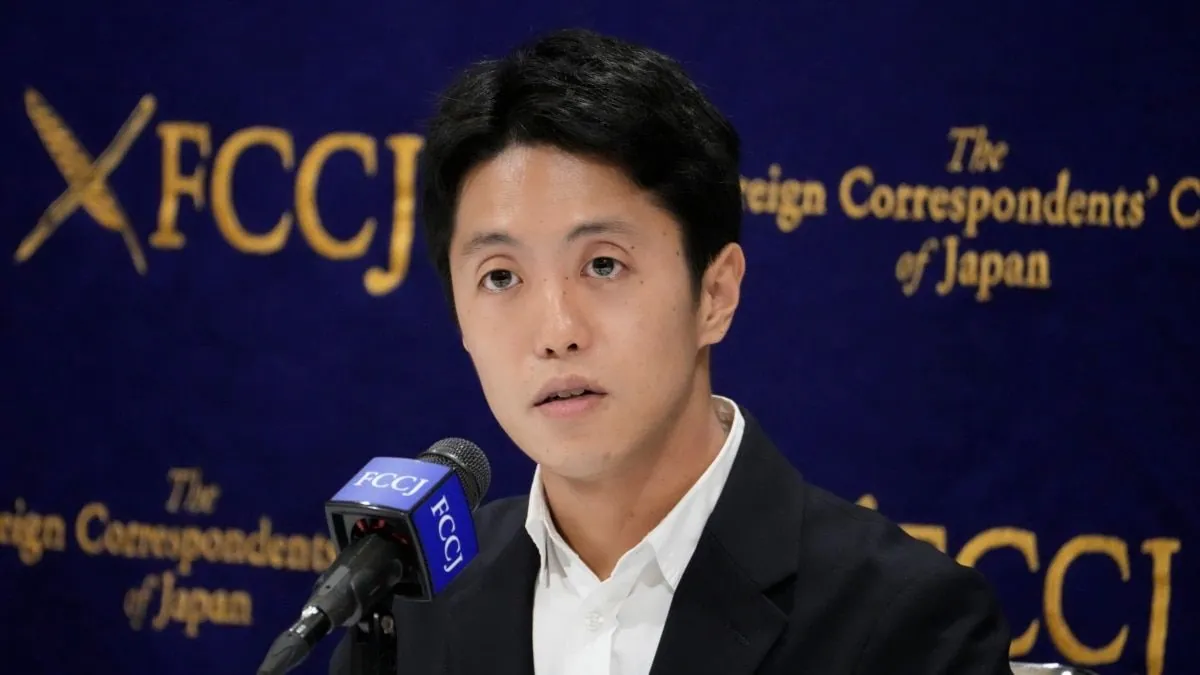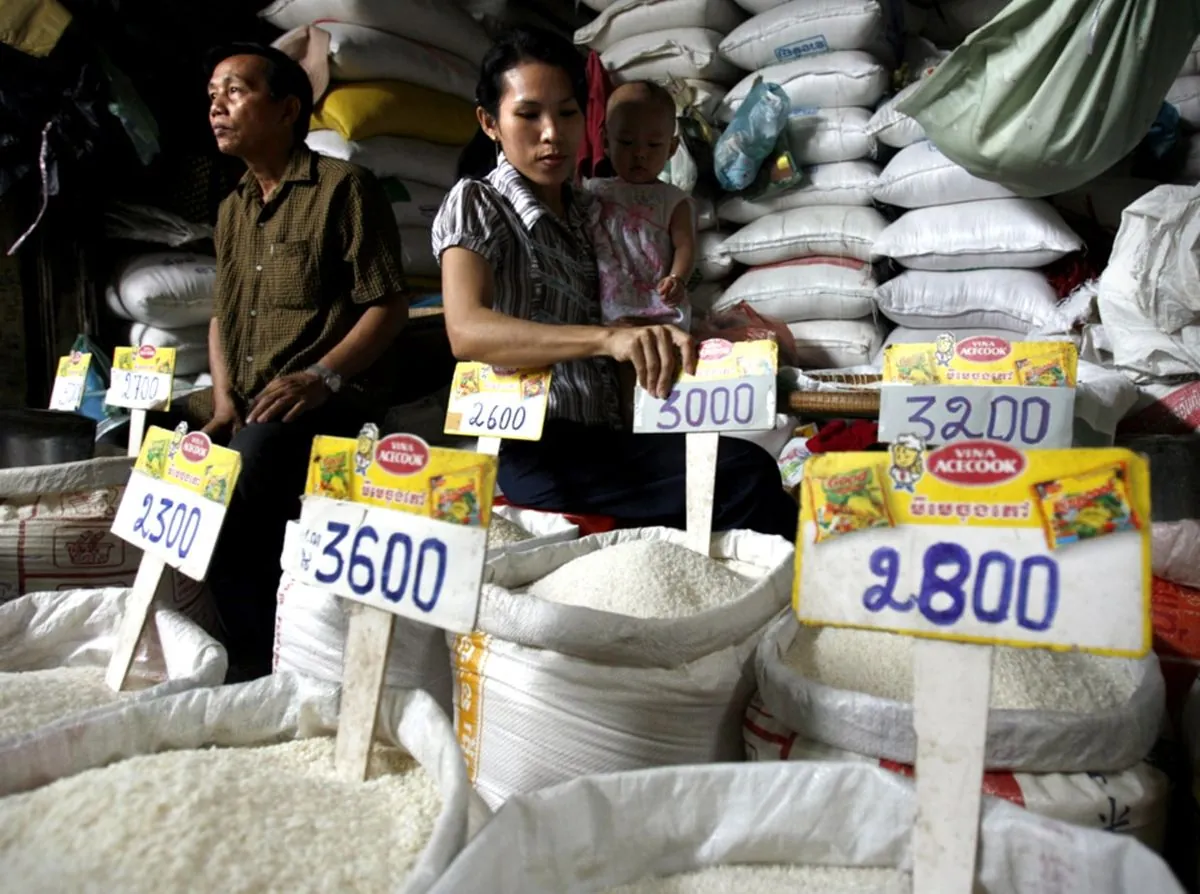Japanese Executive Freed in Myanmar After Rice Pricing Conviction
A Japanese business executive has been released in Myanmar after a month-long detention for violating rice pricing rules. The case highlights economic challenges and diplomatic complexities in the region.

Hiroshi Kasamatsu, a director of the Myanmar supermarket Aeon Orange, has been released from custody in Myanmar after being detained for over a month. The Japanese executive was arrested on June 30, 2024, for allegedly selling rice at prices exceeding official regulations.
Myanmar's ruling military council spokesperson, Maj. Gen. Zaw Min Tun, confirmed Kasamatsu's release on August 12, 2024. The Japanese Foreign Ministry reported that Kasamatsu was convicted of violating laws related to daily necessities and services, resulting in a one-year prison sentence and a fine of 500,000 kyat (approximately $150).
Rice plays a crucial role in Myanmar's economy, which has been struggling to stabilize amidst ongoing civil unrest and the aftermath of the COVID-19 pandemic. The country, once known as the "rice bowl of Asia," dedicates about 80% of its cultivated land to rice production, underscoring its significance to the nation's food security and economy.
The arrest of Kasamatsu was part of a broader crackdown on alleged rice price violations. In early July 2024, state media reported that the operation involved 62 suspects, 102 warehouses, 53 supermarkets and superstores, 25 mills, and seven other shops in major cities. The accused were charged with overpricing rice by 31% to 70% above the official prices set by the Myanmar Rice Federation.
Aeon Orange, Kasamatsu's employer, is a subsidiary of Japan's retail giant Aeon group, which operates several supermarkets in Myanmar. The Aeon Group, one of the largest retail chains in Asia, has been expanding its presence in Southeast Asian markets, including Myanmar, as part of its growth strategy.

Japan has historically maintained cordial relations with Myanmar, taking a more moderate approach compared to Western nations regarding the country's human rights record and democratic challenges. While Tokyo does not acknowledge the legitimacy of the current military government and advocates for the restoration of democracy, it has refrained from imposing economic sanctions, limiting its aid to humanitarian purposes.
This diplomatic stance reflects Japan's long-standing role as a major donor and investor in Myanmar since the 1950s. However, the case of Kasamatsu highlights the complexities of operating in Myanmar's current political and economic climate.
Myanmar's economy has faced significant challenges since the military seized power from the elected government of Aung San Suu Kyi on February 1, 2021. The coup triggered widespread protests that have evolved into armed resistance, further complicating the country's efforts to recover from the economic impact of the COVID-19 pandemic.
The ongoing civil unrest in Myanmar is part of a long-standing conflict that dates back to 1948, making it one of the world's longest-running civil wars. This protracted struggle, combined with recent political instability, has led to increased international scrutiny and sanctions, affecting the country's economic prospects and foreign investments.
As Myanmar continues to grapple with these challenges, cases like Kasamatsu's serve as a reminder of the delicate balance foreign businesses must maintain while operating in the country's complex political and economic landscape.


































